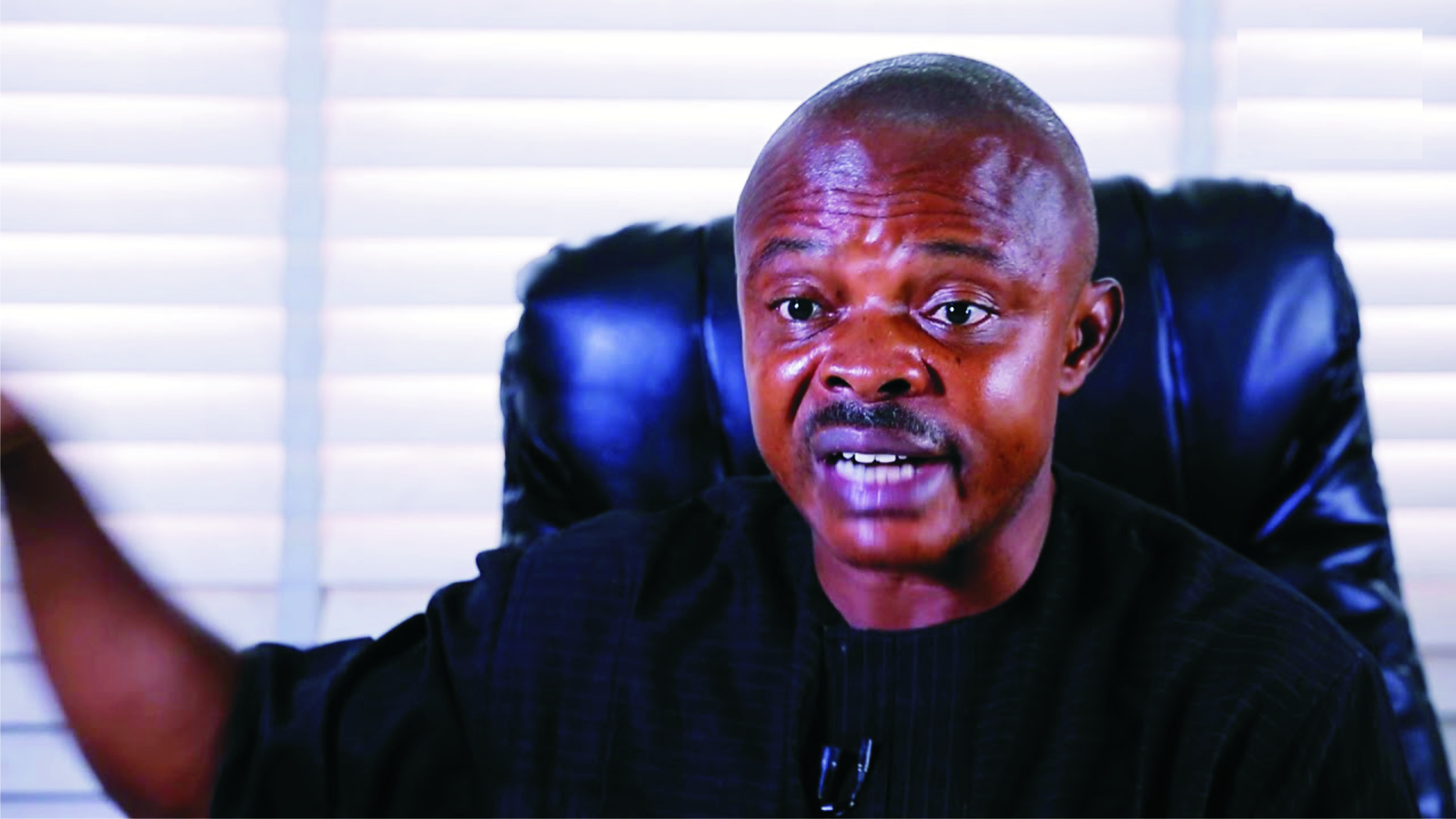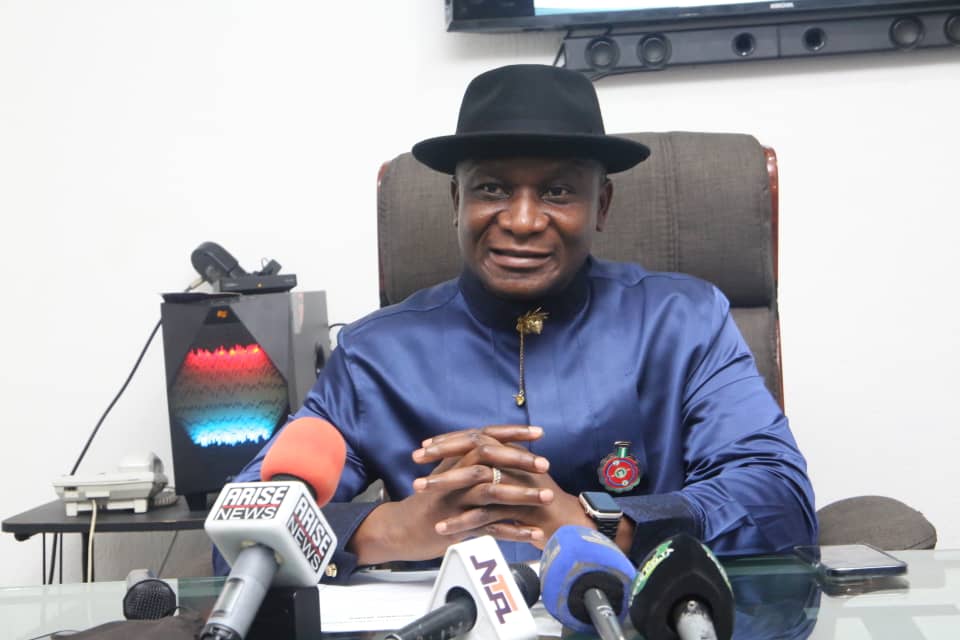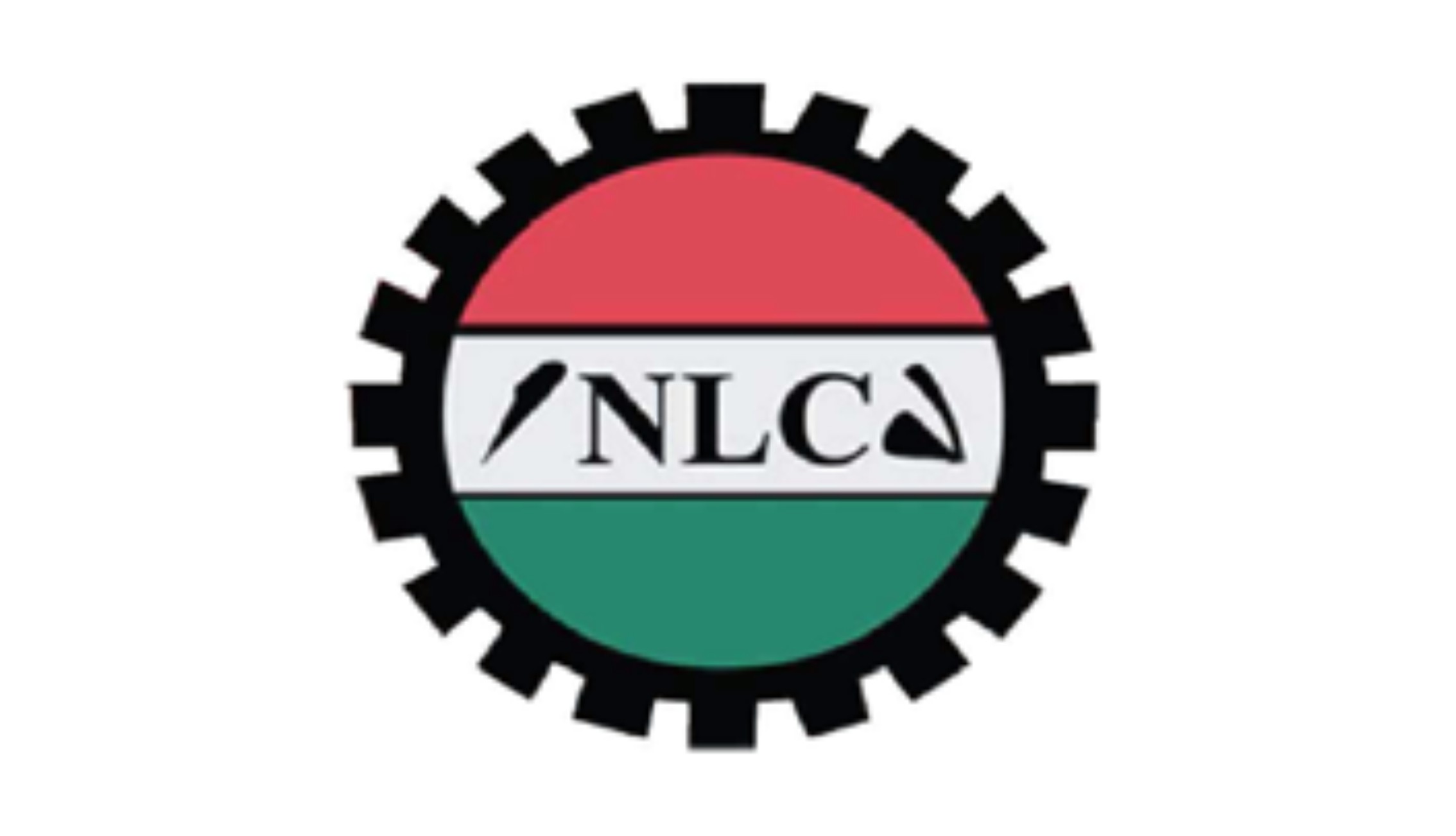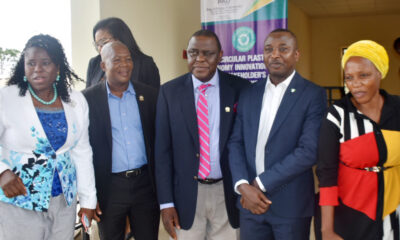News
The European Union (EU) says it will end its five-year Agents for Citizen-Driven Transformation (ACT) programme aimed at enhancing the capacity of Civil Society Organisations (CSOs) in Nigeria, on April 14. Mr Damilare Babalola, the National Programme Manager, ACT, said this on Tuesday at a brief event in Port Harcourt. Babalola said that the conclusion of the programme would automatically mean an end for the 21 CSOs based in Rivers. He stated that the EU-funded programme, valued at 13.1 million euros, was executed by the British Council across 10 states, with a presence in the 36 states of the federation. “The programmes’ goals are to assist CSOs in becoming more credible, accountable and effective agents of change, for sustainable development in Nigeria. “The implementation focussed on providing capacity-building skills, referred to as capacity development support to CSOs, to enhance their effectiveness. “Additionally, it aimed to evaluate the regulatory environment for CSOs and promote strategic coordination among them and other key stakeholders in terms of collaboration and advocate, for appropriate legislation and regulations,” he explained. Babalola identified the benefitting states as Adamawa, Borno, Edo, Enugu, Kano, Lagos, Plateau, Rivers, Sokoto and the Federal Capital Territory (FCT). “The ACT programme commenced in 2019 and will officially conclude on April 14, marking the end of five-years of active implementation in the country. “Rivers was among the states where we initiated the programme during our phase two launch in 2020, and we are here to formally close the ACT programme in the state. “ACT has addressed significant challenges affecting the effectiveness and impact of civil societies, especially in creating an enabling regulatory environment,” he added. He expressed confidence that in spite of ACT’s departure from the country, civil society groups have gained sufficient capacity to effectively carry out their responsibilities in their respective focus areas within the communities. The programme manager noted that 273 CSOs benefitted from the programme across the country, with 233 CSOs receiving capacity-building training and 40 others trained to enhance regulatory conditions. In his remark, ACT Rivers Focal Person, Mr Temple Oraeki, emphasised the importance of CSOs collaborating with the state government and international donor agencies to advance their programmes and projects within the communities. “The 21 CSOs, comprising of eight community-based organisations and three network coalitions in Rivers, now serve as our ambassadors, equipped to make positive impact in society. “Therefore, we are leaving behind organisations that are credible partners for the government and international donor agencies to execute their programmes in communities,” he said. Gov. Siminialayi Fubara of Rivers, expressed the state’s readiness to engage with CSOs to implement government policies and programmes in the various communities where they operate. Represented by Diokuma Ismael, the Permanent Secretary of the Ministry of Culture and Tourism, Fubara lauded the EU and British Council for their interventions in the state. “The success of the ACT programme has undoubtedly enhanced the value of civil society organisations in the state and nationwide. “We are prepared to partner with the CSOs that have impacted communities, once all necessary documentations are concluded. “However, it is crucial for CSOs to adhere to proper regulations, to enable the government to identify with them for sustainable development,” he said. Fubara urged the civil society groups to align with the state government’s policy to drive positive change in the communities.

The European Union (EU) says it will end its five-year Agents for Citizen-Driven Transformation (ACT) programme aimed at enhancing the capacity of Civil Society Organisations (CSOs) in Nigeria, on April 14.
Mr Damilare Babalola, the National Programme Manager, ACT, said this on Tuesday at a brief event in Port Harcourt.
Babalola said that the conclusion of the programme would automatically mean an end for the 21 CSOs based in Rivers.
He stated that the EU-funded programme, valued at 13.1 million euros, was executed by the British Council across 10 states, with a presence in the 36 states of the federation.
“The programmes’ goals are to assist CSOs in becoming more credible, accountable and effective agents of change, for sustainable development in Nigeria.
“The implementation focussed on providing capacity-building skills, referred to as capacity development support to CSOs, to enhance their effectiveness.
“Additionally, it aimed to evaluate the regulatory environment for CSOs and promote strategic coordination among them and other key stakeholders in terms of collaboration and advocate, for appropriate legislation and regulations,” he explained.
Babalola identified the benefitting states as Adamawa, Borno, Edo, Enugu, Kano, Lagos, Plateau, Rivers, Sokoto and the Federal Capital Territory (FCT).
“The ACT programme commenced in 2019 and will officially conclude on April 14, marking the end of five-years of active implementation in the country.
“Rivers was among the states where we initiated the programme during our phase two launch in 2020, and we are here to formally close the ACT programme in the state.
“ACT has addressed significant challenges affecting the effectiveness and impact of civil societies, especially in creating an enabling regulatory environment,” he added.
He expressed confidence that in spite of ACT’s departure from the country, civil society groups have gained sufficient capacity to effectively carry out their responsibilities in their respective focus areas within the communities.
The programme manager noted that 273 CSOs benefitted from the programme across the country, with 233 CSOs receiving capacity-building training and 40 others trained to enhance regulatory conditions.
In his remark, ACT Rivers Focal Person, Mr Temple Oraeki, emphasised the importance of CSOs collaborating with the state government and international donor agencies to advance their programmes and projects within the communities.
“The 21 CSOs, comprising of eight community-based organisations and three network coalitions in Rivers, now serve as our ambassadors, equipped to make positive impact in society.
“Therefore, we are leaving behind organisations that are credible partners for the government and international donor agencies to execute their programmes in communities,” he said.
Gov. Siminialayi Fubara of Rivers, expressed the state’s readiness to engage with CSOs to implement government policies and programmes in the various communities where they operate.
Represented by Diokuma Ismael, the Permanent Secretary of the Ministry of Culture and Tourism, Fubara lauded the EU and British Council for their interventions in the state.
“The success of the ACT programme has undoubtedly enhanced the value of civil society organisations in the state and nationwide.
“We are prepared to partner with the CSOs that have impacted communities, once all necessary documentations are concluded.
“However, it is crucial for CSOs to adhere to proper regulations, to enable the government to identify with them for sustainable development,” he said.
Fubara urged the civil society groups to align with the state government’s policy to drive positive change in the communities.
News
May Day: Labour Seeks Inclusiveness In Policy-making

The Organised Labour yesterday, called on the Federal Government to ensure inclusiveness in policy making and guide against erosion of rights, such as free speech and association.
The President, Nigeria Labour Congress (NLC), Mr Joe Ajaero made the call at the 2025 Workers’ Day celebration held at the Eagle’s Square, Abuja.
The Tide source reports Ajaero and the President, Trade Union Congress, Mr Festus Osifo delivered a joint statement on behalf of the organised labour at the event.
Ajaero described May Day as, not only a moment to honour workers’ sacrifices, but also a platform to demand justice and accountability from those in public office.
He frowned at the alleged suppression of protests, and the erosion of rights of workers by some agents
According to him, workers have a duty to resist economic injustice, insecurity, and policies that undermine their dignity.
Speaking on the theme of the day, the NLC President underscored the need for Nigerian workers to reclaim the civic space and resist policies that contribute to worsening economic conditions.
“Our theme this year – “Reclaiming the Civic Space in the midst of Economic Hardship – reflects the urgent need for citizens to protect democracy and push back against repression.
“The civic space, where Nigerians express their concerns and challenge injustices is shrinking.
“If we fail to reclaim this space, the foundation of our democracy risks collapse,” he said
Ajaero, therefore, urged workers to unite and resist division, fear, and despair.
He also urged them to mobilise and organise for change, declaring that the right to demand better conditions is non-negotiable.
“Without workers, there is no society; without labour, there is no development. We must take our place in the fight for economic justice and democratic governance.”
Speaking in the same veins, Osifo said workers are the backbone of the nation—the educators, healthcare providers, builders, farmers, and innovators who sustain its economy -.
He stressed the need for the labour to reclaim the civic space even in the midst of economic hardship.
News
2025 UTME: JAMB Disowns Site Requesting Payment From Candidates

The Joint Admissions and Matriculation Board (JAMB) has disassociated itself from a fraudulent site requesting payments from candidates who missed the ongoing 2025 Unified Tertiary Matriculation Examination (UTME).
The board said that the site, “Copyrightwriter Personal J Rescheduling Flw” and account number 8520641017 at Sterling Bank, associated with it, are scam.
The disclaimer is contained in a statement made available to newsmen in Abuja on Thursday by the Board’s Public Communication Advisor, Dr Fabian Benjamin.
Benjamin said the account is being exploited to defraud unsuspecting candidates who missed their UTME.
“We issue this urgent notice to inform the public about this nefarious scheme targeting candidates who were unable to participate in the UTME.
“Some unscrupulous individuals are deceitfully soliciting payments of N15,700 under the false pretence of offering rescheduling services for the examination.
“Let us be unequivocal: this, it is a blatant scam, and we are confident that the public will not fall prey to such cheap and regressive tactics.
” The individuals behind this scam have no affiliation with JAMB or any legitimate government agency.
“The account details provided in these communications are entirely fictitious and bear no connection to any official processes; they exist solely for the purpose of perpetrating fraud,” he said.
Benjamin called on Sterling bank to take immediate and decisive action against this criminal activity.
According to him, JAMB has reported the matter to the relevant security agencies and actively pursuing those responsible for this deceitful act.
He further said that “JAMB does not reschedule examinations for candidates who miss their scheduled tests due to reasons unrelated to the Board’s actions”.
He, however, said that the Board is conducting a thorough investigation for candidates whose biometrics failed during verification and were thus unable to sit for the examination.
He said those without discrepancies would be invited to retake the examination at no cost , stressing that “no cost is required”
“It is imperative to understand that JAMB does not charge any fees for examinations after a candidate has completed their registration.
“We strongly urge all candidates to remain vigilant and not to succumb to these fraudulent schemes.
“Protect yourselves and report any suspicious activity immediately,” he explained.
News
NDDC Seeks UN’s Support To Accelerate Niger Delta Development

The Niger Delta Development Commission (NDDC) has expressed its willingness to partner with the United Nations (UN) to accelerate the development of the Niger Delta region.
Dr Samual Ogbuku, Managing Director of the NDDC, made the appeal in a statement issued by the commission’s Director of Corporate Affairs, Mrs Seledi Thompson-Wakama, in Port Harcourt on yesterday.
According to the statement, Ogbuku sought the UN’s support during his visit to the UN Resident and Humanitarian Coordinator (UNRHC), Mr Mohammed Fall, at the UN regional office in Abuja.
He called on the global body to provide the NDDC with technical assistance and expert services to support the region’s development.
“We are eager to collaborate with the UN, recognising that the state governments in the region and the NDDC alone cannot achieve the level of regional development required,” he said.
Ogbuku identified key areas where support would be needed, including the provision of portable and affordable drinking water powered by high-tech solar energy sources.
He also highlighted the importance of reforesting the mangrove swamps, which have been severely damaged by decades of environmental degradation caused by oil exploration in the Niger Delta.
“Although the NDDC has made progress in providing solar-powered streetlights across the region, we still require UN support in delivering solar energy solutions for residential buildings.
“We also wish to explore the possibility of installing solar mini-grids in homes across communities, which would boost local commerce and trade,” he added.
The NDDC managing director further appealed for increased UN involvement in areas such as healthcare, education, youth training, gender development, and food security.
Ogunku stated that such interventions would significantly enhance the standard of living in the region.
In response, Fall affirmed the UN’s readiness to collaborate with the NDDC to fast track development in the Niger Delta.
He assured that the UN would support initiatives in food security, job creation, education, and renewable energy, among other areas.
“We aim to approach development in the Niger Delta holistically, rather than focusing solely on environmental pollution.
“This is merely an entry point; however, the UN’s development vision aligns with the Sustainable Development Goals (SDGs), which are designed to positively impact various aspects of people’s lives,” Fall stated.
He assured the NDDC of continued and fruitful engagements to drive the region’s development.
-
Women2 days ago
Justice Prevails Over Osinachi’s Death
-

 Featured1 day ago
Featured1 day agoLabour Unions In Rivers Call For Improved Standard Living For Workers
-
Politics2 days ago
Enugu LP Loses Pub Sec To PDP
-
Niger Delta2 days ago
Diri Recommits To Support For Security Agencies …Cautions AIG, Sacks Youth Exco
-

 Nation2 days ago
Nation2 days agoOgun, Nike Art Gallery Set To Transform Olumo Rock
-
Social/Kiddies2 days ago
Need For Girl-Child Education In Society
-

 News1 day ago
News1 day agoNBA President Sues For Workers’ Protection, Better Wage
-
Politics2 days ago
Gunmen Disrupt Political Rally In Bayelsa ….As Turnah, Others Emerge New Associates’Leaders

